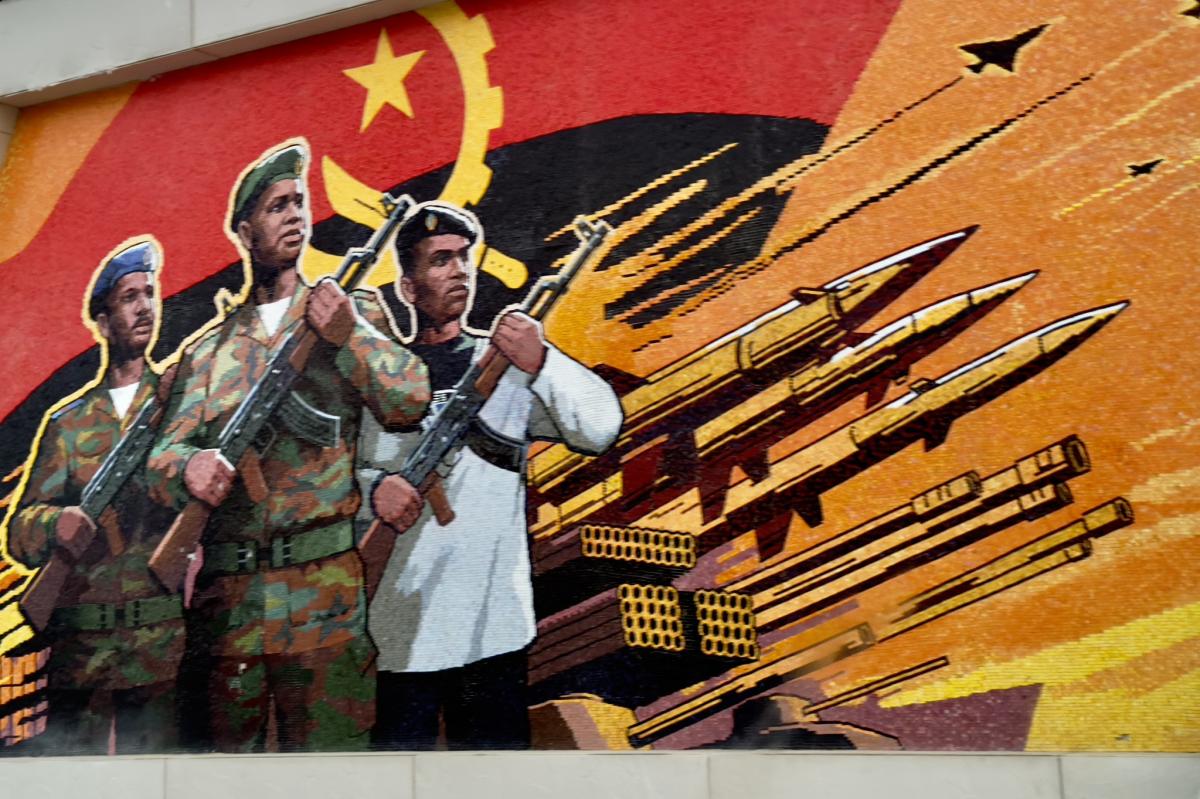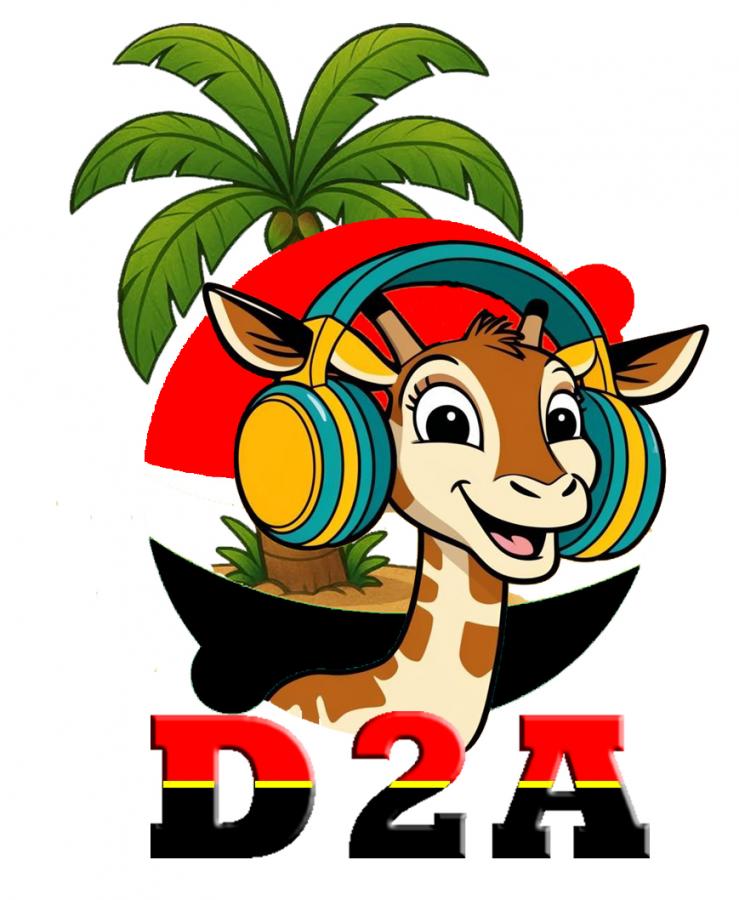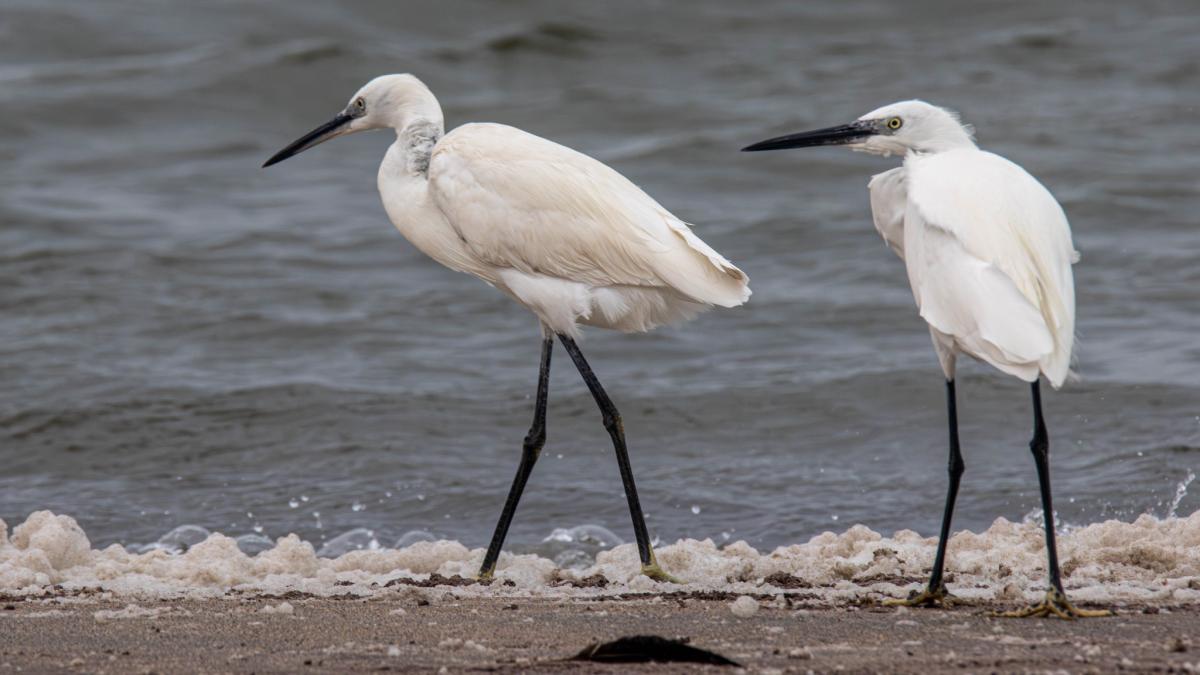D2A Team will be active from Angola, 17 - 28 October 2025, commemorating 50th Anniversary of the Independence of Angola.
Team - EC7R, CT1BOL, D2ACE, EC1T, EA1ACP, D2XX, CT2GFW, CT7APD, CT1FFU, EA5EL.
Recent DX Spots D2A
D2A Log search They will operate on 160 - 6m and also QO-100 satellite, CW, SSB Digital modes, including activity in CQ WW DX SSB Contest, 25 - 26 October 2025.
.QSL via EA7FTR.
Angola
Angola is an amazing country located in southern Africa and washed by the Atlantic Ocean. Every year, many tourists come here to enjoy the culture of this tropical land and see the beauty of the local nature with their own eyes.
Angola is considered a relatively young country, having gained full independence only about forty years ago. Until then, it had been under Portuguese rule as a colony since its inception. Independence Day is now celebrated annually and is considered one of the most important holidays in the country.
 Luanda, Angola. Author - Adam Reeder.
Luanda, Angola. Author - Adam Reeder.
Capital of Angola
The capital of the country is Luanda (113 km²). It is one of the largest cities in the country, founded in 1575. According to the latest data, the city's population is about 4.5 million people. For comparison, the population of all other cities is practically no more than 500,000 people. Luanda is popular among tourists because, in addition to its unusually beautiful nature, you can see many architectural treasures of the local people, collected over several hundred years.
The official language is Portuguese. In addition to the official language, other African languages are also widely spoken. Angola is home to many ethnic groups living in close proximity to one another, which, for obvious reasons, has had an impact on the languages spoken and other important social factors in the country. The country is inhabited by numerous African peoples, descendants of Portuguese colonizers, Europeans, etc. This is why there is such a wide mixture of languages and cultures here.
The national holiday is November 11, when the entire population of Angola celebrates Independence Day from Portuguese rule (1975). Previously, Angola was exclusively a source of slaves and labor for Europeans, but over time, the national liberation movement grew, and movements and organizations were created, which ultimately led to a positive outcome. On this day, November 11, festivals and parades take place in the streets, people gather with their families, attend solemn city events, have fun, and celebrate, remembering their history.
The currency of Angola is the Angolan kwanza. In addition to the local currency, you can always pay by credit card or traveler's check (most hotels, motels, and banks in major cities in Angola have long accepted these payment methods). It is also always possible to exchange currency at a bank or special exchange offices.
 D2A Angola DX Pedition Logo.
D2A Angola DX Pedition Logo.
Industry, economy
Economy:
- Oil production
- Agriculture
Livestock farming – livestock breeding is an important part of the economy
Economy Angola, or rather most of it, is based on oil production and export, which accounts for 85% of its GDP. The second most important part of the economy is agriculture, which employs about 80% of the country's working population.
Industry:
- Oil production
- Mining of natural precious stones
- Reconstruction
- Construction
 Angola. Author - Robert Arys.
Angola. Author - Robert Arys.
Religion Angola
Christians - from 88.2% to 93.7% according to various sources
Catholics - 57%
Protestants - more than 30%
Local traditional beliefs - 4.5% of the population (every year, the percentage of the population adhering to traditional beliefs decreases several times)
Angola is a country where the church is separate from the state, i.e., it has no influence on political events.

